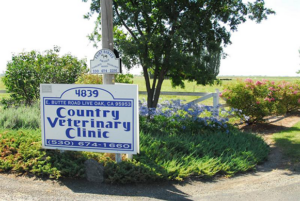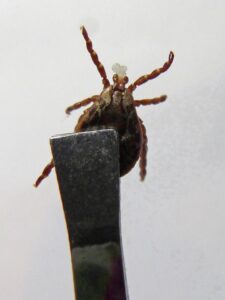Do you have new pets at home and have not yet taken them to the vet for their vaccinations? If you have not taken this step, please do so as soon as you can. All pet owners should understand the importance of pet vaccinations. They play an important role in keeping pets healthy and happy. They also help to prevent the spread of rabies and other serious diseases to your family. Within the last century, pet vaccinations prevented the deaths of millions of pets.
Pet vaccinations protect pets against diseases. They also help pet owners avoid costly treatments for many preventable diseases. This is why some state, local, or community laws require pet owners to have their pets vaccinated against certain illnesses. Like humans, pets need vaccinations.
Definition Of Vaccines
Vaccines prepare the immune system to combat future infections. They stimulate the production of antibodies by the immune system. These antibodies identify and destroy organisms that cause diseases.
Contrary to what some people believe, vaccines are safe. Some formerly common pet illnesses are now rare. However, pet vaccinations are still very important. According to veterinarians and other experts, disease-causing agents are still present in the environment. Even those that are now uncommon.
Do Pet Vaccinations Ensure Protection?
Vaccinations are quite effective when it comes to decreasing the severity or preventing future illnesses. For them to be effective, however, it is important to follow your vet’s vaccination schedule. This will help reduce any possibility of a gap in disease protection. Interruptions in protection do happen. However, most pets vaccinated successfully never show symptoms of the disease. Pet vaccinations, therefore, are an essential part of your pet’s preventative healthcare.
Importance Of Vaccinating Your Pet
According to experts, vaccines are the greatest advancement in medical science. They credit vaccines with saving more lives than any other interventions and medical treatments. It is always better to prevent a disease than to treat it. Treatments vary depending on the infectious strain, disease, and health of the pet. Treatments are also riskier, as compared to vaccinations.
Vaccines reduce the risk of full-blown infections when exposed to dangerous pathogens. Vaccinations will protect your pet from the illnesses the vaccine aims to prevent. Vaccination can also prevent your pet from spreading infections that can pass from animals to humans. In other words, you will be protecting your whole family and other people in your community.
Rabies, for example, is a deadly illness that almost always leads to a painful death. You need to understand that pets, wildlife, and humans can spread rabies. You also need to get your pet vaccinated against serious diseases to gain peace of mind.
It is important to vaccinate pets while they are still young to protect them against diseases. Some vaccination programs for puppies and kittens start from around five to eight weeks old. If your pet never got a vaccination while young, you need to start the primary vaccination course immediately.
To learn more about pet vaccinations, call Country Veterinary Clinic in Live Oak, California at (530) 491-4500 with any questions or to book an appointment.



